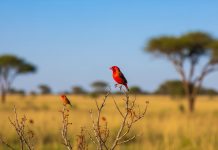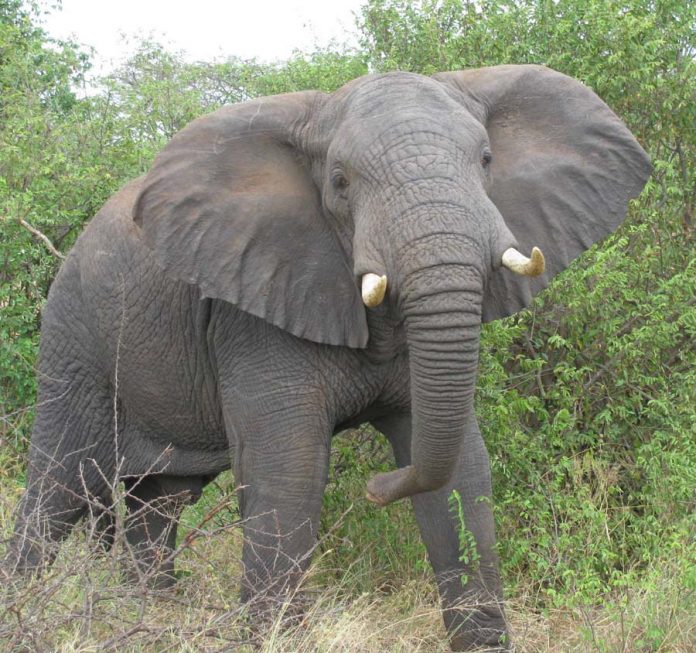As the world marked World Elephant Day on August 12, 2025, with the theme “Bringing the world together to help elephants,” wildlife conservationists in Nigeria sounded the alarm over the country’s rapidly declining elephant population. According to reports from conservation groups, the number of elephants in Nigeria has plummeted from over 1,200 to just about 300-400 in the last 30 years.
Threats to Nigeria’s Elephants
The main threats to Nigeria’s remaining elephants are habitat loss caused by agriculture, logging, and infrastructure development, pushing elephants into farmlands and villages in search of food and water. This has led to human-elephant conflicts, resulting in fatal incidents. In July, an elephant killed a farmer in Ogun State, highlighting the seriousness of the conflict.
Conservation Efforts
Conservation organisation Wild Africa is pushing for Nigeria to step up efforts to protect its remaining elephants. The newly launched National Elephant Action Plan (NEAP) aims to protect habitats by securing and restoring elephant habitats and connecting fragmented ranges through wildlife corridors. The plan also seeks to reduce conflicts by implementing early warning systems and non-lethal deterrents like chilli repellents to minimize human-elephant conflicts.
Read also: FG launches 10-year plan to combat elephant poaching and preserve wildlife
Also, the plan aims to boost law enforcement to combat wildlife crime and mitigate habitat degradation. This is particularly relevant as Nigeria considers the Endangered Species Conservation and Protection Bill, which could enhance the country’s capacity to protect its wildlife.
Mark Ofua, West Africa Representative for Wild Africa, emphasised the need for deliberate planning and stronger law enforcement to protect both elephants and people.
“When elephants have access to safe habitats and corridors, they’re less likely to come into conflict with communities. But achieving that requires deliberate planning, investment, and stronger law enforcement,” Ofua said.
















